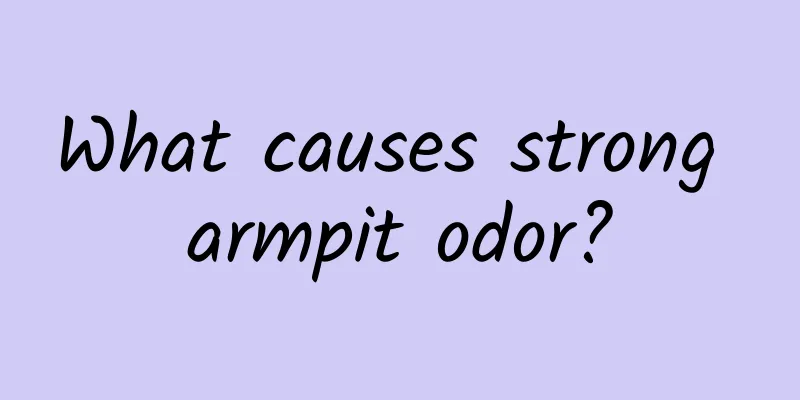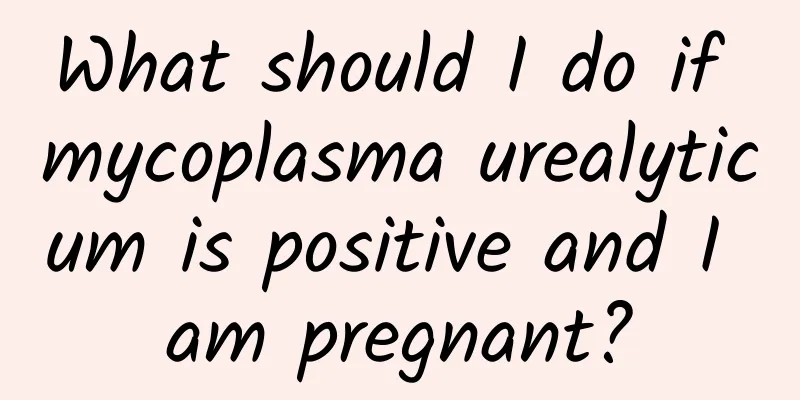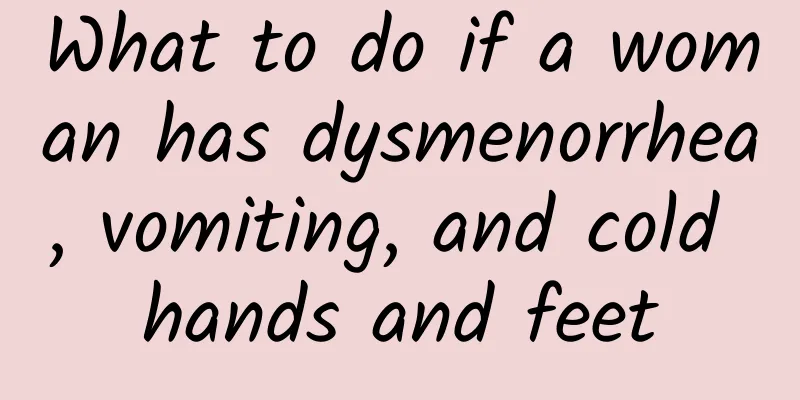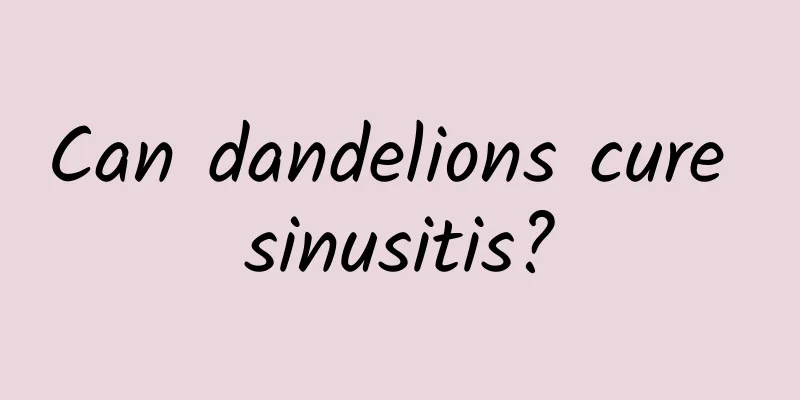What are the side effects of electroconvulsive therapy?

|
Many people may not understand what electroconvulsive therapy is. In fact, electroconvulsive therapy is a treatment method that uses electric therapy to cause whole body convulsions to achieve the purpose of treating diseases. However, it is prone to complications, such as respiratory arrest, fractures, dislocations, aspiration pneumonia and other side effects. (1) Respiratory arrest: During treatment, spontaneous breathing is not restored 20-30 seconds after the convulsion stops. (2) Fracture and dislocation: Dislocation of the mandibular joint is more common and is often caused by improper protection by the operator. Compression fractures of the middle and upper thoracic vertebrae (4-8) are more likely to occur. It is mostly caused by improper placement of the hard pillow or improper lying position of the patient. (3) Aspiration pneumonia: It is mostly caused by eating before treatment, or vomitus or oral secretions being inhaled into the lungs when consciousness is restored. (4) Circulatory collapse: The patient has pale complexion, bluish lips, rapid and weak pulse, and low blood pressure. Because the electric shock therapy performed in hospitals now is intravenous anesthesia non-convulsive electroconvulsive therapy (mECT). Complications are generally rare. (5) It is strongly recommended to go to a formal hospital for electroconvulsive therapy because a series of examinations, evaluations and preparations are required before treatment, possible complications cannot be predicted, the equipment and rescue equipment required for treatment are generally only available in larger hospitals, and there are professional personnel, professional care before and after treatment, etc. (6) Performing ECT under anesthesia can reduce the risk of side effects (such as fractures) and increase its acceptability. Patients are anesthetized with a fast-acting hypnotic and muscle relaxant before electroconvulsive therapy. Treatment is usually given three times a week, either as an outpatient or inpatient, for a total of 6-12 treatments. |
<<: What to do if the pores on your face are clogged? Did you know
>>: What should I do if I have a scar on my nose? How to remove scars?
Recommend
What causes spleen pain?
If spleen pain occurs, it is important to first i...
What dishes go best with red wine?
Many people like the aroma of red wine. The taste...
What are the symptoms of stomach pain and acid reflux?
Many people have had or are currently suffering f...
I have a lot of mosquito bites on my body.
If you have a lot of mosquito bite-like bumps on ...
Red pimples on face
It is very common to have acne on the face, espec...
What causes enlarged ovaries? What causes enlarged ovaries?
Ovarian cysts are a type of ovarian tumor in a br...
What causes red urine?
When our body is relatively healthy or when there...
What is a scarred uterus?
The female uterus is the place where babies are c...
Palmar pustulosis disease
Palmar pustulosis is a relatively common disease....
How to treat damp-heat type bad breath?
Bad breath is an embarrassing thing, so in life w...
How many years can you live with a cystostomy?
Cystostomy is also a relatively common method. It...
What are the signs of fetal arrest at 7 weeks?
The phenomenon of embryonic arrest is not uncommo...
What are the consequences of untreated hernia in children?
As parents, we must be vigilant about the symptom...
Polio symptoms
In recent years, people have found that the incid...
Ways to take good care of your eyes
Eyes are an important part of our body. If we do ...









